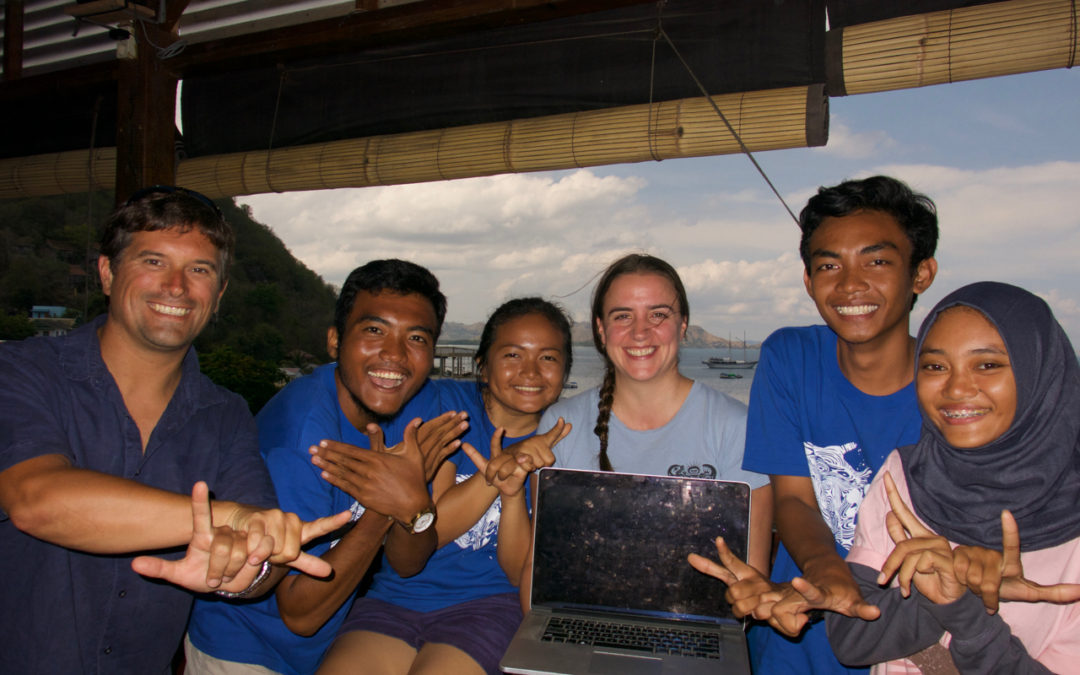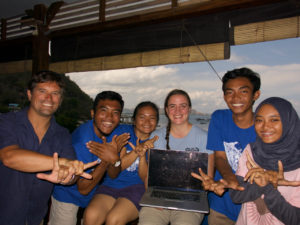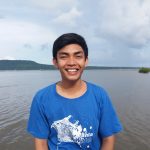Today we had our second seminar with Cornelia Rindt from NatureBank talking about the Great Bear Rainforest in British Columbia, Canada. The Great Bear Rainforest is home to the largest intact coastal temperate rainforest in the world. It provides high biodiversity and a home for First Nations communities.
Cornelia explained that conservation objectives can’t be achieved alone. They need collaboration to be successful. I believe the Great Bear Rainforest Project is a very good example of several groups — government, First nation communities, logging companies and NGOs — working together to preserve an ecosystem. These groups have adopted an Ecosystem Based Management (EBM) approach that values the forest not only as a source of timber, but as a balanced system that sustains biodiversity and an enriched community.
We learned that it took a long time for these different groups to reach a common understanding. Lengthy discussions were needed to bring the groups together and understand the aspirations of each other. Furthermore, the Great Bear Rainforest Project benefit from the existence of an independent team who could advise the participants and was trusted by each group. This independent team was able to work as a mediator, to connect different parties and present research findings. In the end, the discussion helped all parties to agree about the importance of protecting the area.
In my opinion, today’s session with Cornelia was very helpful because she provided an example of successful conservation in other countries, and where different groups have agreed that conservation efforts are needed to sustain their interests. Group differences was not an obstacle, as long as a clear purpose and mutual benefit could be identified.
fFrom this I learned that to establish successful conservation, we not only regulations, but also real cooperation between stakeholder groups. I hope Indonesia can adopt similar examples to implement successful conservation, especially in the marine and fisheries sector. We need good relationships to create a sustainable future for our oceans.



